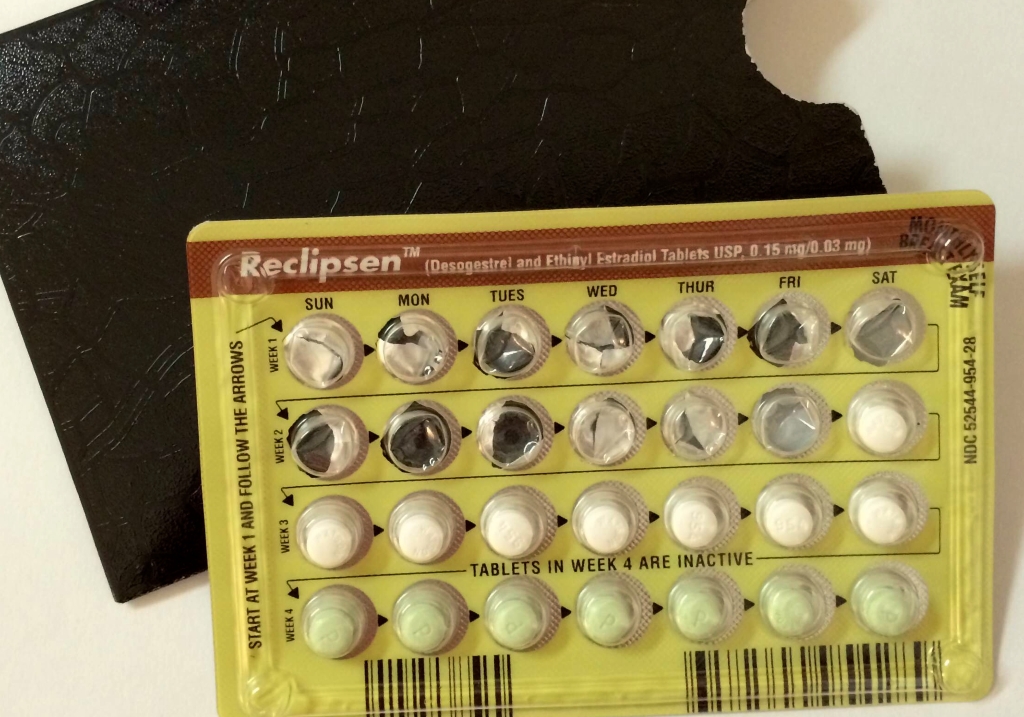State Relents on Squeezing Family Planning Clinics
State auditor had demanded millions in repayment from clinics offering birth control, but now backs off.
The state Department of Health Services’ top auditor on Wednesday backed down from a claim that two family planning clinics serving low-income people were overcharging Medicaid for birth control by $3.5 million.
In a case closely watched by state clinics, as well as their political allies and opponents, Inspector General Alan White reduced the amount of money his office is seeking in repayment by 93 percent.
White acknowledged that the state’s own instructions on billing practices had “created confusion,” according to letters sent to the clinics.
Since each clinic was relying on those instructions, the Office of the Inspector General “has determined that it would be unfair to the provider for DHS to request the repayment of these funds,” White wrote to Family Planning Health Services Inc. and NEWCAP Inc.
White wrote that the OIG was recommending to the DHS Division of Health Care Access and Accountability that the Medicaid program should clarify its guidance on how clinics should bill the program.
After reviewing documents the clinics provided in rebuttals, the office reduced the figure it is seeking for “non-covered services” from NEWCAP by nearly $1.2 million to about $185,000. For FPHS, the auditors’ original claim of $2.3 million in overpayments was reduced to just under $45,000.
Diane Welsh, an attorney representing both clinics, said the office got the matter “part right.”
“I still don’t believe the remaining recoupment is supported by law,” she said. “We will be evaluating our options, including requesting an administrative hearing.”
The claims concerned how the clinics used Medicaid’s 340B drug pricing program, in which pharmaceutical companies must provide discounted drugs to safety net providers. The federal government reimburses 90 percent of the cost of drugs, while the state pays 10 percent.
Based in Oconto, NEWCAP’s Community Health Services division in 2013 served about 3,500 people in six counties. Wausau-based FPHS serves about 6,000 people in nine counties. Neither organization provides abortions, and both operate in areas with shortages of health care professionals.
The audits generated controversy.
Beth Hartung, president of the Wisconsin Family Planning and Reproductive Health Association, had said the auditors’ stance on the Medicaid billing practice would force other family planning providers to change their ways and lose money as a result. The money for birth control subsidizes other reproductive health care services they provide to low-income people.
“It would mean, quite frankly, that we would all close,” Hartung said last fall.
The audits prompted state Democratic legislators Rep. Chris Taylor of Madison and Sen. Dave Hansen of Green Bay to request a list of OIG’s open audits, as she suspected the clinics were being politically targeted — a claim strongly denied by the agency.
On the other side, the OIG’s actions prompted 32 anti-abortion Republican state legislators, led by Rep. Andre Jacque of De Pere, to write the bipartisan Legislative Audit Committee. The legislators called for an expansion of the audits to all the family planning clinics in Wisconsin, including the largest, Planned Parenthood of Wisconsin.
The nonprofit Wisconsin Center for Investigative Journalism (www.WisconsinWatch.org) collaborates with Wisconsin Public Radio, Wisconsin Public Television, other news media and the UW-Madison School of Journalism and Mass Communication. All works created, published, posted or disseminated by the Center do not necessarily reflect the views or opinions of UW-Madison or any of its affiliates.
-
Wisconsin Lacks Clear System for Tracking Police Caught Lying
 May 9th, 2024 by Jacob Resneck
May 9th, 2024 by Jacob Resneck
-
Voters With Disabilities Demand Electronic Voting Option
 Apr 18th, 2024 by Alexander Shur
Apr 18th, 2024 by Alexander Shur
-
Few SNAP Recipients Reimbursed for Spoiled Food
 Apr 9th, 2024 by Addie Costello
Apr 9th, 2024 by Addie Costello






















